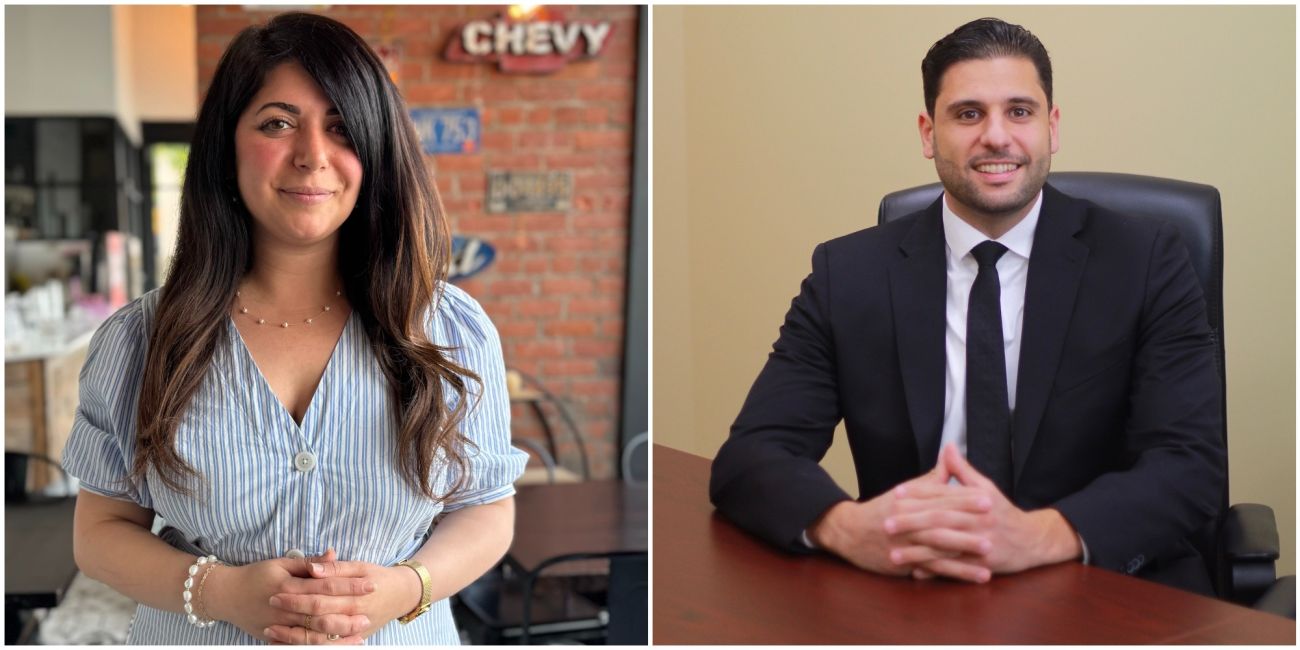Opinion | Arab American voters might fare better with ranked choice voting
This is a painful time for Arab American voters in Michigan.
We’ve voted for Democratic candidates our entire lives and certainly understand the stakes of this election. The thought of former President Donald Trump returning to the White House is horrifying – it would place the Supreme Court under Republican control for perhaps two generations, contrary to progress on so many issues that we care about.

Yet the news every day from Gaza brings horror as well. Tens of thousands of innocent Palestinian civilians have been killed since the terrible events of October 7. The humanitarian crisis has worsened so terribly that polio has returned as a deadly threat. Safe zones have been bombed; schools, hospitals, and museums have been destroyed. The tragedy is deep and real.
And so progressive voters like us face what feels like an impossible choice. We live in a state where just a few thousand votes could tip Michigan — and potentially the Electoral College — between Vice President Kamala Harris and Trump. We understand the dangers of Trump. But our tax dollars have funded the untold civilian deaths in Gaza, and the Biden/Harris administration has repeatedly failed to create a real ceasefire.
There is a way to make all of this easier: Michigan could try using ranked choice voting, and move our elections beyond the “lesser of two evils” thinking that currently dominates our politics. Those who share these concerns about Gaza – and other concerns with an increasingly war-like Democratic Party – would be able to cast a vote that reflects the complexities of our opinions.
We wouldn’t have to face a decision between compromising on a deeply personal vote – and backing an administration that hasn’t done enough to protect human lives – or perhaps helping elect the candidate who would be even worse at home and overseas.
Voters in Maine and Alaska already use ranked choice voting for president, and voters in our battleground state would benefit from having the same power. In a ranked choice election, voters can rank the entire field in order instead of just choosing one candidate. If someone wins 50% of voters’ first choices, they win, like any other race. But if no one reaches a majority, the lowest finishers are eliminated and second choices come into play.
With ranked voting, voters could put third-party candidates first and Harris second without accidentally helping Trump win. This time around, it would allow us to send a clear message to the administration. Over the long run, it could inject more voices outside the two parties into our politics – a desperately needed change wanted not just by young and Arab-American voters here in Michigan, but by voters of every stripe in every state.
Arab Americans in Michigan might represent the largest group of swing voters in the most important swing state. Instead of worrying about wasted votes or being scolded for spoiling the election, we should be able to make our voices fully heard.
We’d urge those who call third-party voters “spoilers” to empathize, and perhaps wrestle with the idea that our rights should be privileged over those of others. For many of us, the argument that we should vote for our rights at home while closing our eyes to the consequences elsewhere simply isn’t as strong as some friends might think. The decision has been agonizing, as has this last year of war.
And perhaps instead, we can all work together to support ranked choice voting in Michigan elections, so that we can always ensure that voters have the most voice possible, and that we also have the majority winners that we deserve.
See what new members are saying about why they donated to Bridge Michigan:
- “In order for this information to be accurate and unbiased it must be underwritten by its readers, not by special interests.” - Larry S.
- “Not many other media sources report on the topics Bridge does.” - Susan B.
- “Your journalism is outstanding and rare these days.” - Mark S.
If you want to ensure the future of nonpartisan, nonprofit Michigan journalism, please become a member today. You, too, will be asked why you donated and maybe we'll feature your quote next time!




